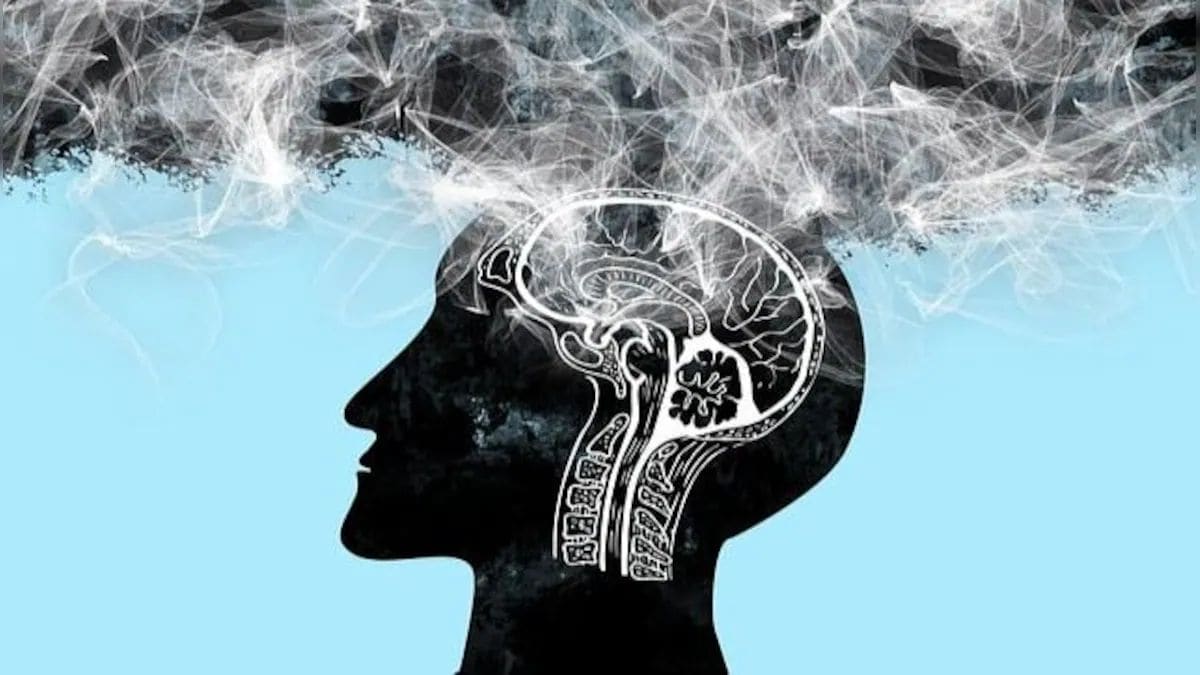In a recent interview with myjoyonline, Dr Samuel Gyedu Owusu shed light on the significant role of male factors in infertility, revealing that both men and women contribute equally—45% each—to fertility issues. Dr. Owusu highlighted five specific sperm conditions that can lead to infertility in men, emphasizing that these conditions are crucial for understanding and addressing reproductive challenges.
Dr. Owusu identified Oligospermia as one of the conditions where men have a low sperm count, which can hinder the ability to conceive naturally. In cases where sperm count is severely reduced, Intrauterine Insemination (IUI) may be necessary to enhance the chances of pregnancy, as only the most viable sperm are utilized.

Another condition, Teratospermia , involves abnormalities in sperm shape. Dr Owusu explained that sperm with malformed heads, tails, midsections, or those with multiple heads could not effectively fertilize an egg—such deformed sperm results in a lower count of functional sperm in the ejaculate. Asthenospermia refers to reduced sperm motility.
Normally, sperm should move linearly towards the egg in the fallopian tube. In men with asthenospermia, sperm may exhibit poor movement or erratic swimming patterns and, in some cases, may even flow back out of the vagina, significantly impairing the likelihood of fertilization. Aspermia is characterized by the absence of semen during ejaculation, a condition often linked to retrograde ejaculation, where semen enters the bladder instead of being expelled through the penis.
This condition prevents the release of sperm into the vaginal canal, making natural conception impossible. Azoospermia is marked by a complete absence of sperm in the ejaculate. Although semen is produced, it contains no sperm, which precludes the possibility of natural conception.
Dr. Owusu attributed these sperm conditions to various factors, including dietary issues, certain medications, and environmental exposure to harmful chemicals, particularly in industrial areas. He noted that cancer treatments and prolonged exposure to industrial chemicals can adversely affect sperm quality.
Additionally, men with a history of mumps, testicular infections, or testicular cancer are at increased risk of infertility due to damage to sperm production. The doctor also advised men to avoid tight clothing and excessive heat exposure, which can negatively impact sperm health. He emphasized the importance of joint medical consultations for both partners when addressing infertility, urging men to undergo semen analyses alongside their female partners.
“To effectively tackle infertility, both partners should be examined together,” Dr. Owusu said. “Men should not assume they are fine and leave all the testing to their partners.
Both partners need to be proactive in seeking diagnosis and treatment.” Dr. Owusu’s insights underscore the need for comprehensive medical evaluation in cases of infertility, highlighting the critical role of addressing male reproductive health.
.

















